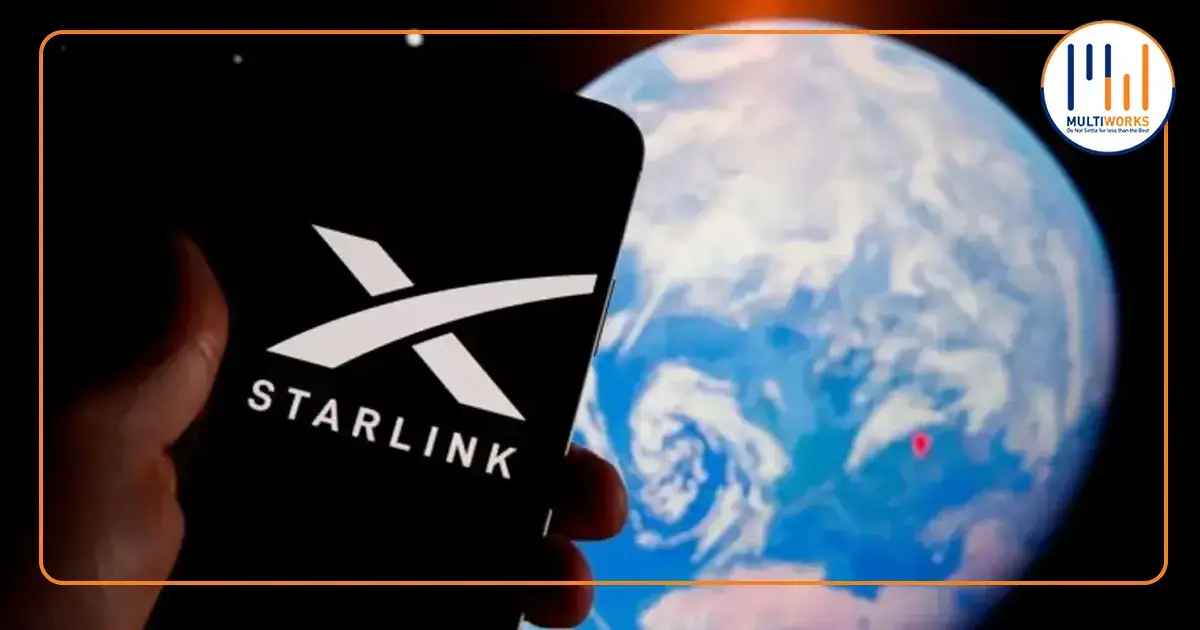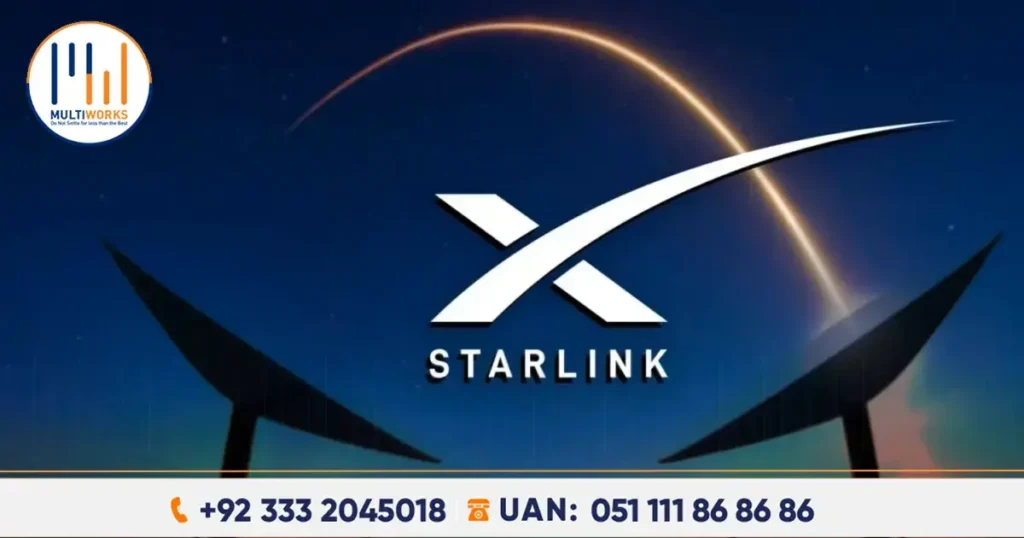Islamabad, 2025 – The Ministry of Information Technology and Telecommunications (MoITT) has taken a critical step to improve internet access in Pakistan by hiring a consultant to facilitate Starlink’s entry. This initiative aims to enhance connectivity, particularly in remote and underserved regions.
Minister of State Shaza Fatima Khawaja and important stakeholders discussed the status of licensing and regulatory frameworks for Low Earth Orbit (LEO) satellites at a high-level meeting. They concentrated on accelerating the process to bring Pakistan’s policies into compliance with international standards and release the potential of satellite technology.
Read More: World’s First Solar Panel That Works at Night is Here: A Revolution in Renewable Energy
Why Starlink Will Transform Pakistan’s Internet Landscape
Pakistani internet services could undergo a transformation because to Starlink’s cutting-edge satellite technology. It offers high-speed internet access to areas that traditional infrastructure cannot reach. Consequently, this move supports the government’s vision of digital inclusion and innovation.
Some key benefits include:
- Better Connectivity: Starlink will help close the rural digital divide.
- Economic Growth: Businesses, startups, and e-commerce platforms will thrive with better internet access.
- Advancement in Technology: The project will temporary revolution in IT and telecommunications.
Read More: The Advanced Driving Simulator for Learners Is Introduced by Rawalpindi Police

Proactive Steps by MoITT
The MoITT has committed to establishing a strong regulatory framework for LEO satellites. To achieve this, the ministry is actively hiring a consultant who will address legal, technical, and policy aspects of Starlink’s operations.
Key officials participating in the meeting included:
- Zarrar Hashim Khan, Secretary IT
- Amer Sarfaraz Ahmed, Chairman of the Pakistan Space Activities Regulatory Board;
- Azfar Manzoor, Special Secretary, Ministry of IT & Telecom
- Muhammad Yousuf Khan, Chairman, SUPARCO
- PTA Chairman Maj. Gen. (R) Hafeez ur Rehman
- Jehanzeb Rahim, Ministry of IT & Telecom Member (Telecom)
Minister Shaza Fatima Khawaja highlighted the urgency of streamlining regulations to attract cutting-edge technologies. She noted that aligning with global standards would create a helpful environment for innovation and investment.
Broader Implications for Pakistan
The impact of bringing Starlink to Pakistan will be extensive:
- Boosting Digital Literacy: Citizens will gain better access to global information.
- Improving Education: Remote areas will benefit from e-learning opportunities.
- Enhancing Governance: Government initiatives will reach more people through improved communication.
By leveraging satellite technology, Pakistan can establish itself as a regional leader in digital transformation.
Next Steps and Timeline
The MoITT plans to finalize the consultant’s hiring within a few weeks. This expert will draft comprehensive regulations for Starlink and other LEO satellite services. The government is determined to ensure that citizens enjoy reliable internet services, ultimately powerful the country’s technological and economic growth.
The government’s efforts to introduce Starlink demonstrate its commitment to bridging the digital divide and development technological innovation. By focusing on connectivity, economic growth, and policy alignment, Pakistan is positioning itself for a brighter, tech-driven future.
For further updates, visit Multiworks.




